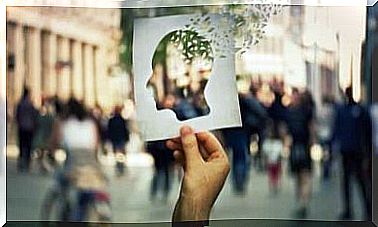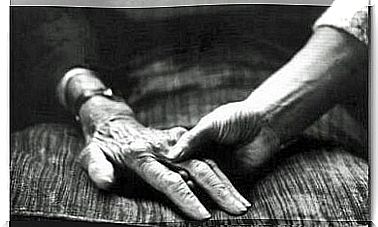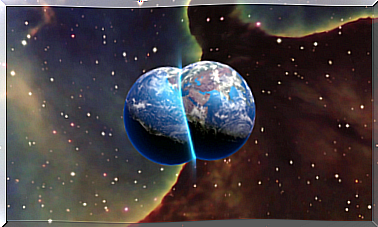Mechanical Determinism And Our Freedom
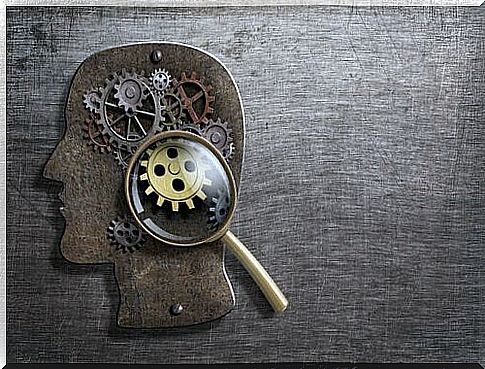
Can we freely make a decision when dealing with determinism? Is our life already determined for us? These are questions that many thinkers and philosophers have asked themselves throughout history. The existence or absence of free will has been a philosophical theme throughout our history. Our subjective experience shows us that freedom of choice has a lot to do with strong mechanical conditioning. In philosophy this is called mechanical determinism.
Determinism is based on the fact that all physical events are fixed. In fact, everything proceeds from a chain of causes and effects. There are many forms of determinism: religious, economic, genetic, and so on. In this article we will talk about mechanical determinism.
The basis for mechanical determinism is the idea that human beings are like machines. Our brain is thus an instrument capable of collecting, processing and converting a series of inputs into outputs. Free will in itself is an illusion. This illusion comes from ignoring the processes that take place between the input and the output.
In this article, we will examine two aspects that make it possible to understand mechanical determinism. We will first discuss the principles and reasons that prompt us to think about determinism. Then we want to talk about the homunculus paradox and how it applies to free will.
Reasons to think about mechanical determinism
The idea of viewing the human mind as a machine has its origins in the computational (something a computer can do) metaphor of cognitive psychology. Cognitive psychology states that the brain is an information processor.
They rely on the idea that we can explain all human behavior through a series of algorithms and mental processes. This is why we started comparing the human brain to a Turing machine.
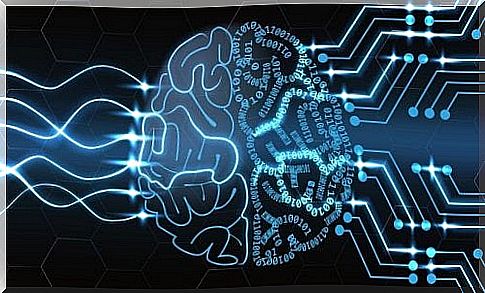
The computational metaphor has now fallen into disuse. This is a consequence of the new models of connectionism. Nevertheless, this metaphor has left a good reflection. Advances in psychology allow us to explain more processes.
Every day we manage to reveal more secrets of the psyche. We can now use very sophisticated processes to explain behaviors that we previously attributed to free will.
Can we predict behavior?
This forces us to think seriously about behavior. Is human behavior merely the response to a chain of causes and effects or is there really an “I” within us that decides? Imagine if we were able to know all the variables that influence human behavior.
Would we then be able to fully predict the behavior of each individual? The answer to this question seems to be “yes”. If not, we would deny the existence of free will, since we could control the future.
In addition, studies in neuroscience show that the brain makes decisions long before we are aware of those decisions. These results prompt us to consider the purpose of consciousness.
Today it is difficult to determine whether or not our mind is deterministic. However, psychology starts from the premise that we can predict behavior with a certain margin of error. So the idea of mechanical determinism can be very useful for research.
The Homunculus Paradox and Free Will
As a final reflection on mechanical determinism, we want to talk about the homunculus paradox. This is a theoretical incompatibility of psychology with the existence of free will. Often a paradox can help us see our mistakes and use new cognitive frameworks or theoretical perspectives.
The homunculus paradox is based on the following. Psychology tells us that all behavior or all mental processes can be described and explained. Free will assumes that we have the freedom to choose which decisions we make.
This would then cause us to discover that there must be “something” in our brain that makes decisions. We will call this “something” a homunculus. After all, it is just a person within ourselves that decides.
So if the homunculus is what gives us the freedom to choose, what does free will give to the homunculus? We could say that within that homunculus there is another homunculus that decides.
However, if we explain it that way, we end up in a paradoxical infinity of homunculi. We then compare the human mind with matryosh caps.

Mechanistic determinism proposes a useful model for interpreting psychological reality. The evidence we find, along with the theoretically incompatible elements, also seem to lead us in that direction.
Yet we must not trust ourselves. The truth is more likely to be much more complex. Moreover, that truth cannot be found in any extreme (determinism or free will).
